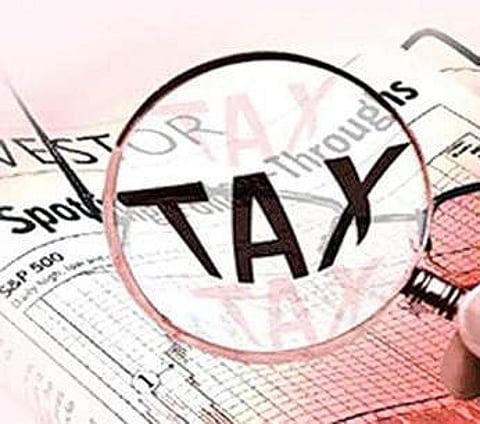

NEW DELHI: Getting a refund is not a surety that the reassessment won’t be done under the income tax act, as many cases of individuals have been reopened by the tax department, say experts.
Interestingly, even salaried individuals have not been able to escape the reassessment proceedings. Finance Minister Nirmala Sitharaman on Tuesday said that one lakh cases have been reopened by the tax authorities related to fourth and sixth year.
According to a senior government official, these 1 lakh cases include corporate and non-corporate cases including salaried individuals. The tax department can initiate the reassessment under section 148 of income tax act, if it gets some information indicating that a taxpayer’s income have escaped tax payment. However, he refused to reveal how many pertained to corporates and how many to individuals.
As per Chetan Daga, founder of AdvantEdge Consulting, “Just because return is filed and refund is issued that doesn’t mean taxman is not checking you. If you have not reported a particular income, your case can be reopened.” He further stated that many salaried taxpayers are under the impression that if a refund is issued, it means their returns are checked and found correct.
“The tax authorities can get the tip-off from surveys, raids, information reported by financial institutions, and even foreign tax authorities. Since the assessment in these cases is based on some third party information, there is a procedure involved to reopen the books. The tax officer needs to take approval from senior authorities,” Daga said. “Salaried people who have sold properties, claimed excess exemption/deduction over and above Form 16, didn’t report transactions in shares and securities, can be picked up for reassessment under section 148,” Daga added.
“Beyond four years, matters can be opened up to 11 financial years if income of Rs 50 lakh or more is likely to have escaped tax,” said another chartered accountant, requesting anonymity.